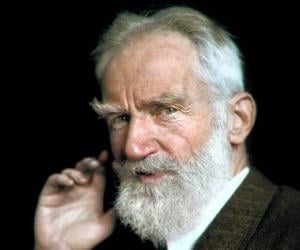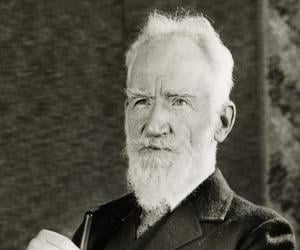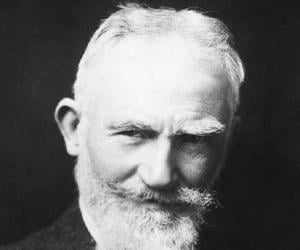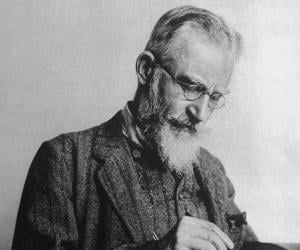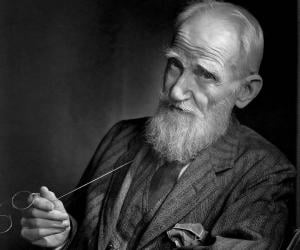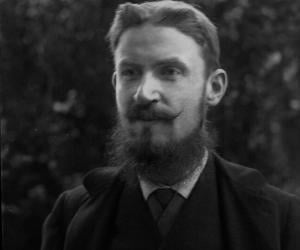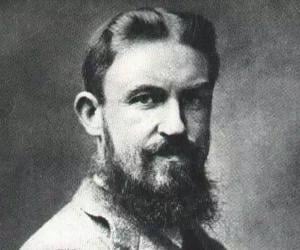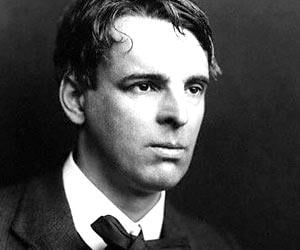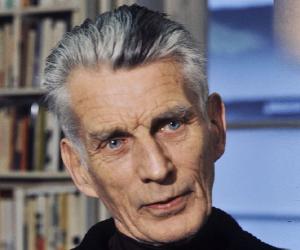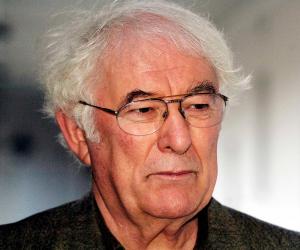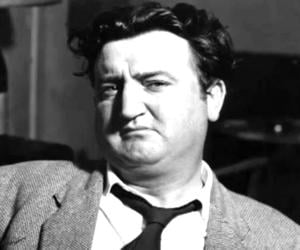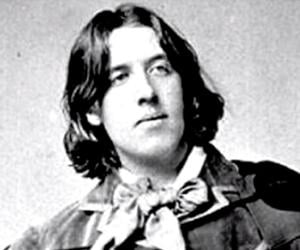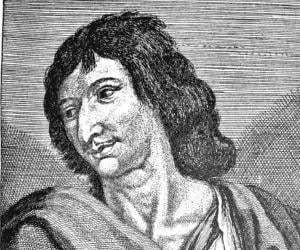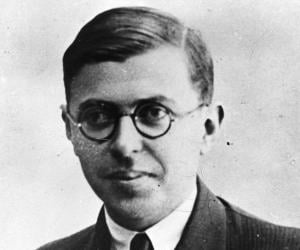Born In: Portobello, Dublin, Ireland
George Bernard Shaw
George Bernard Shaw was an Irish playwright, literary critic and a fervent socialist who won the Nobel Prize in Literature in 1925. Born into a lower-middle class family in Dublin to an alcoholic father, George Bernard Shaw had a an irregular education and started working at the age of 15. After serving as a junior clerk for a while, Shaw moved to London to live with his mother and began writing plays and novels.to pursue a career in literature. Later, he established himself as an art and theatre critic, and also became a prominent member of the Fabian Society, a highly dominant British socialist organization. Most of his early plays focused on existing social problems and were not well-received by the audience but from 1895 onwards, Shaw’s work started gaining public recognition due to its comic relief. Some of his plays during this period such as ‘Caesar and Cleopatra’, ‘Major Barbara’, ‘The Doctor's Dilemma’, ‘Saint Joan’ and ‘Pygmalion’ received much appreciation and proved to be some of his greatest successes on the stage. Being an outright socialist, Shaw openly expressed his disapproval regarding the First World War, facing criticism for his opinions but after the war, he returned as a dramatist and was honored with the Nobel Prize in Literature for his outstanding contribution. He lived the rest of his life as an international celebrity, continually involved in dramatics until his death. Shaw still remains one of the most significant playwrights in the English language who helped shape the theatre of his time.
